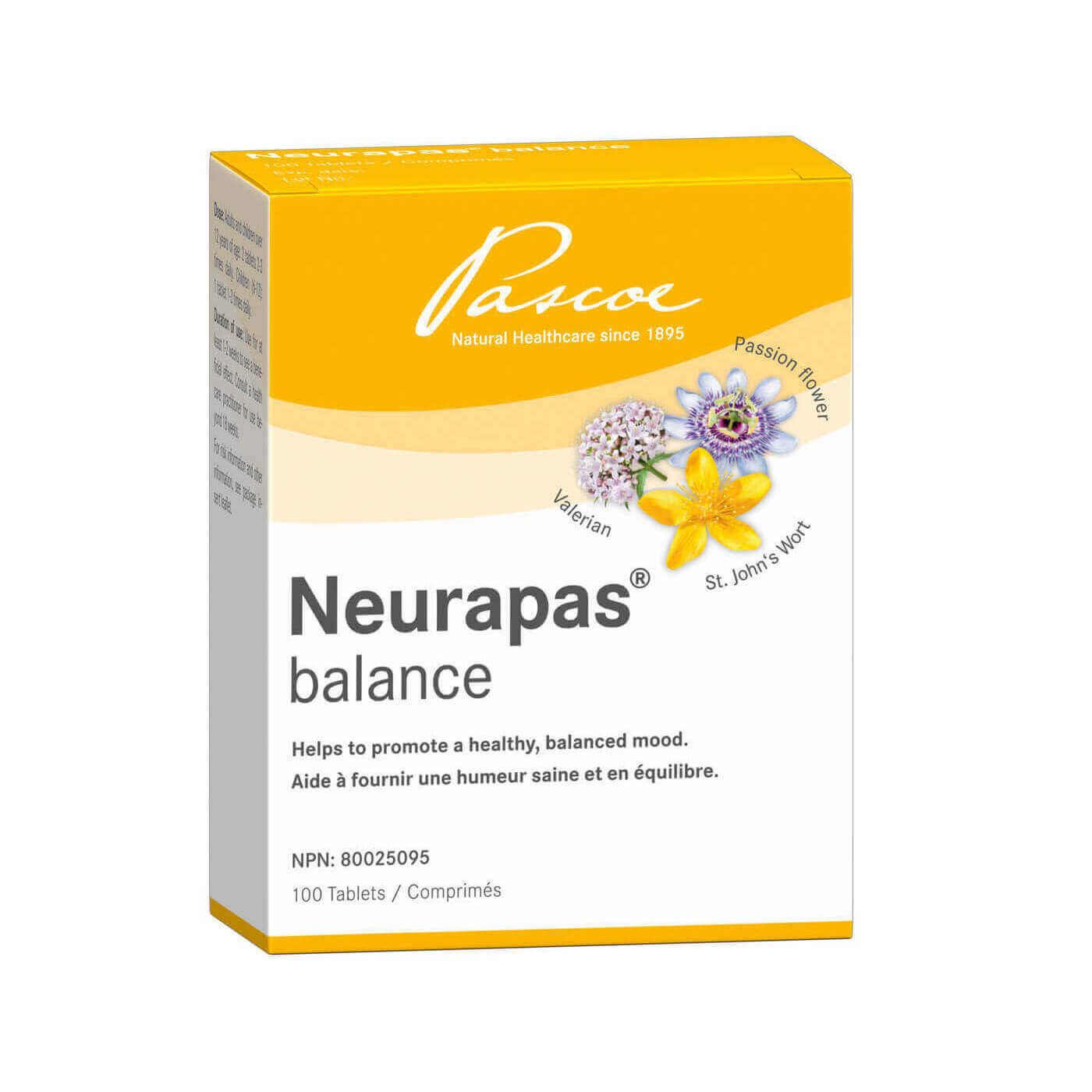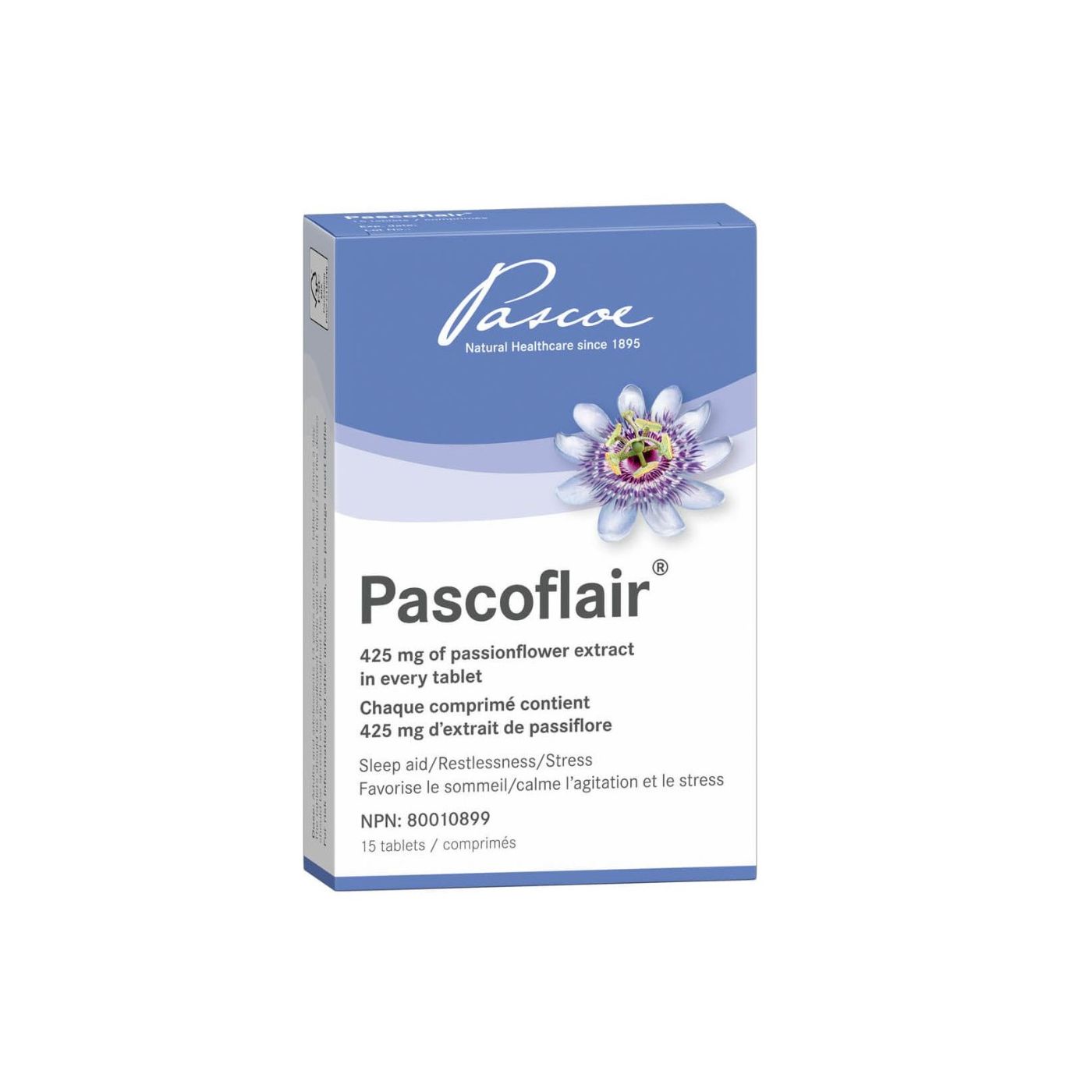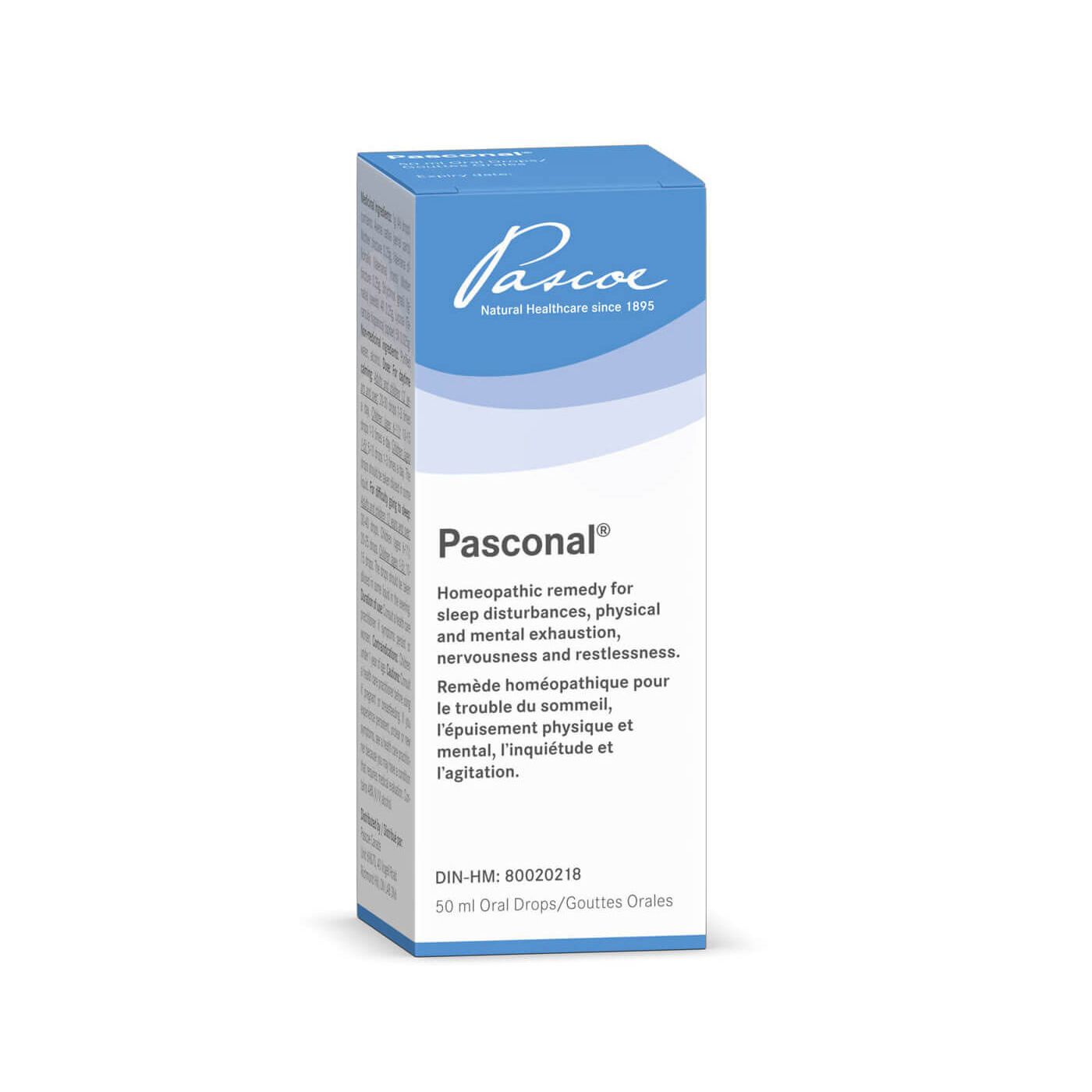Stay at Home Orders and Mental Health
Stay at home fatigue and quarantine measures pose serious threats to our mental health. Not only are our front line workers and health professionals battling the virus, they are now managing a mental health pandemic.
COVID-19 entered our lives in late 2019 and with numerous impacts with little to no light at the end of the tunnel. If I asked you to name a word or phrase associated with the COVID-19 pandemic I could almost guarantee that your answer would be, mental health or stress.
Stay at home fatigue and quarantine measures pose serious threats to our mental health. Not only are our frontline workers and health professionals battling the virus, they are also trying to manage a mental health pandemic. Drug overdoses, mental health disorders and suicides are now hitting record breaking numbers.
Anxiety and depression due to lockdown restrictions are two of the most commonly reported mental health issues. Since the start of the COVID-19 pandemic, anxiety and depression have skyrocketed due to lockdowns, fear of the virus, economic hardships and loss. People who are used to being surrounded by family and friends report feeling isolated, stressed and tired as a result of this past year. Unfortunately, quarantine effects on mental health are ongoing and may adversely affect us long term.
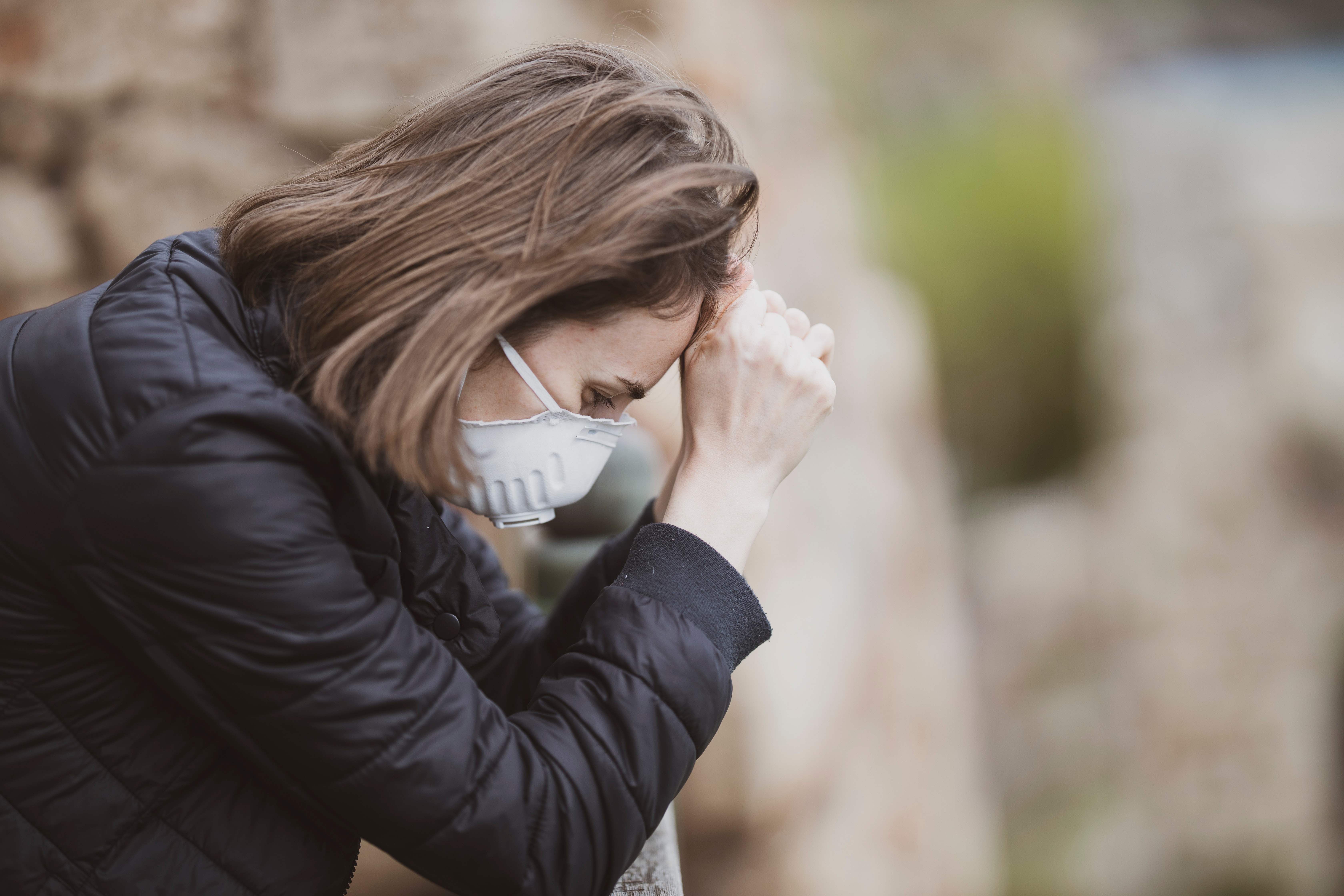

Effects of lockdowns on anxiety and depression:
Stress from lockdowns, evolving public health measures and not being able to see friends and family members, have increased feelings of anxiety in our communities. Feelings of anxiety such as negative thoughts, sleep disorders and panic attacks are just a few symptoms reported from lockdowns and stay at home orders.
Social distancing and wearing masks are two common public health measures as a result of COVID-19. Although necessary for prevention of virus spread, social distancing can have short term and long term effects on our mental health.
For example, children are conditioned emotionally by close contact with their family members, peers and friends. Not being able to hug your loved ones poses increased stress in many individuals and increases feelings of isolation. Isolation is one of the most commonly reported causes of depression and anxiety. As a result of increased stress, sleep quality also decreases, and people may feel like they are consistently in a state of jet lag.
Knowing how to recognize when your mental health is at risk is necessary for prevention, treatment and support.
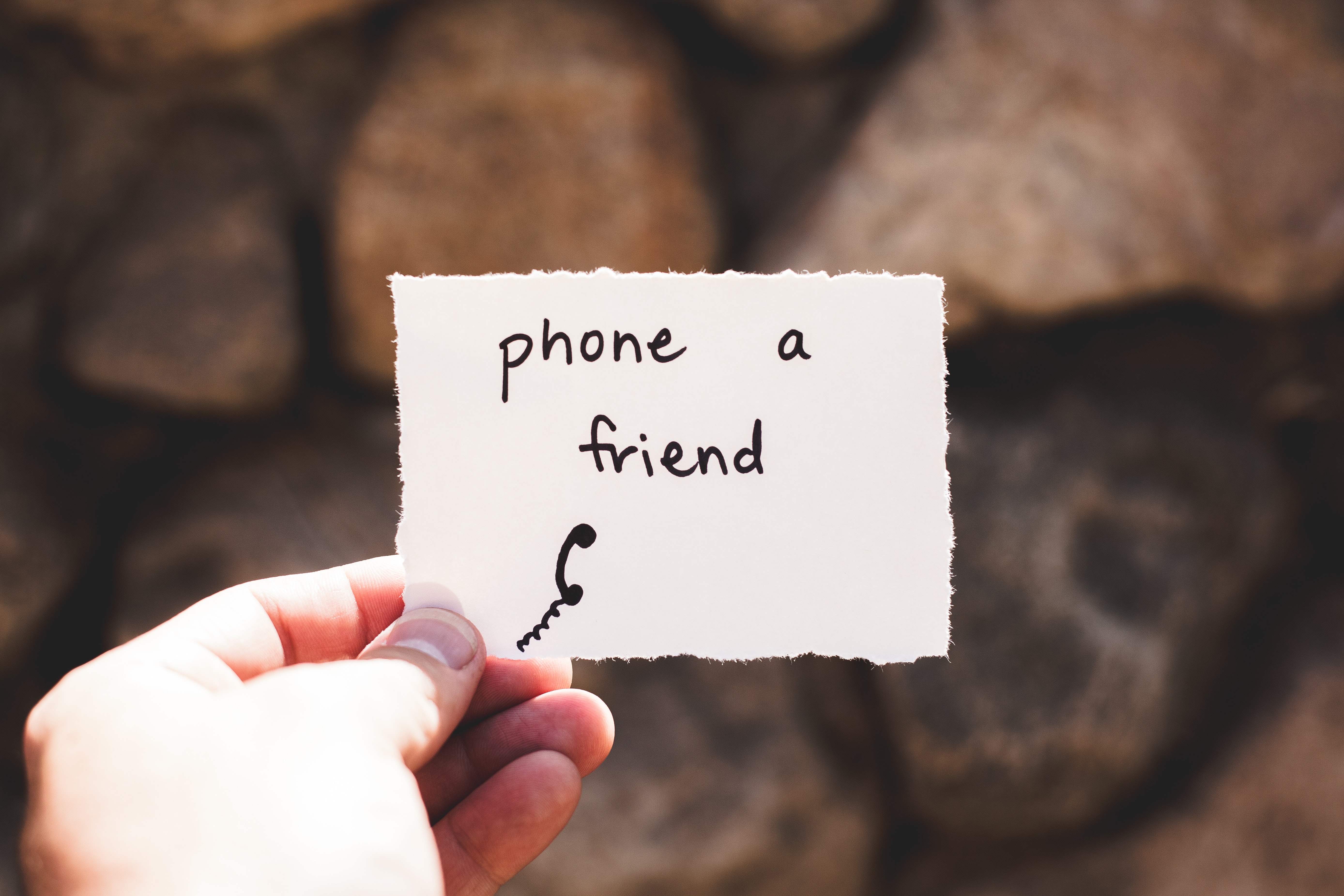

Common signs of diminishing mental wellbeing:
- increased substance use (alcohol, cannabis, other medications)
- compulsive actions or addictive behaviour
- persistent sleep problems
- decline or absence of physical activity
- reduced self-confidence or self-esteem
- using social media as a comparison for self-worth
- post-traumatic stress
- changes in appetite or bad eating habits
- feeling burnt out
Ways to help depression, anxiety and mood:
Positive mental health is quite simply the absence of mental illness, or someone's own emotional experience and life self-identified as positive or satisfactory. Understanding mental well-being is the first step in understanding your own mood, behaviours and available resources to help yourself or someone you know.
Increase exercise: movement is one of the best ways for your body to release endorphins. Spending 15 minutes or more doing a physical activity per day can have positive benefits on both your mental and physical health
Get outside: spending more time outdoors is crucial to mental health. Lockdowns and stay at home orders have limited our time outside by removing our normal routine. Studies show being in nature can help calm your mind and reduce stress, so use your 15 minutes of day for exercise in the great outdoors!
Play with a pet: even if you don’t have your own go for a walk with your friend’s!
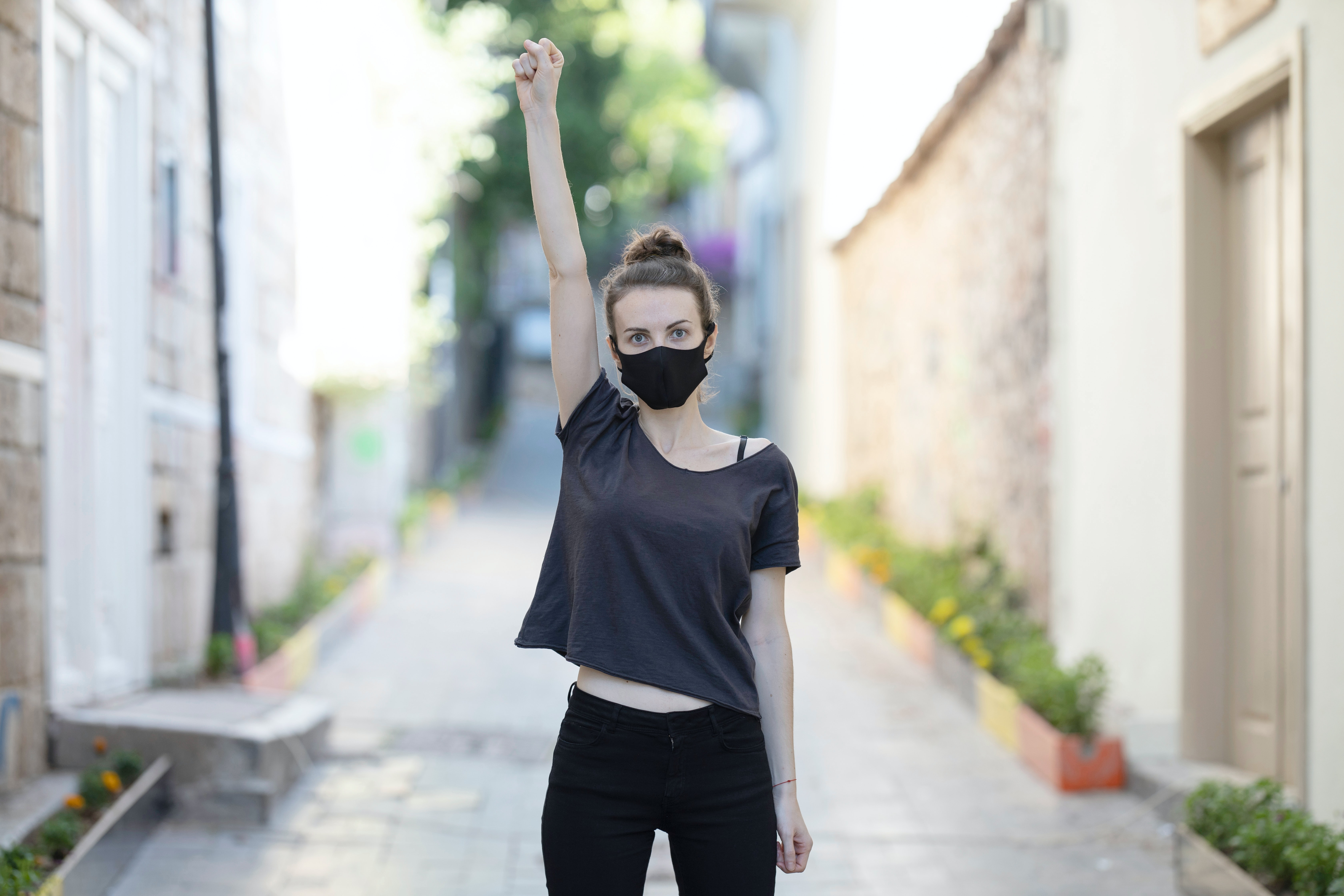

Improve sleep quality: practice good sleep hygiene, create a night time routine, read more and try natural sleep aids or supplements for extra support.
Try something new: try meditating for the first time, or writing in a journal. It can be as simple as dressing up to go outside for a walk if you’re always wearing your sweats during lockdown!
Evaluate your eating habits: our skin, our mind and our bodies reflect what we eat! Try incorporating amino acid and nutrient dense foods, supplement with vitamins, stay hydrated with electrolytes and research mood balancing foods!
Reach out for help: Reach out to friends or family members, or schedule an appointment with a medical professional specializing in mental health and psychology. Navigating mental health battles alone can worsen feelings of isolation and further impact your health.
Ways to help with anxiety, sleep and depression naturally:
Sleep is just as important as what we eat or physical exercise! Not getting enough sleep during the night can have many negative effects on our health. Improving sleep can be tricky for most people but luckily there are lots of resources out there to help with sleep quality!
5 ways to help improve sleep:
- Take deep breaths and focus on your breathing to calm your mind
- Reduce blue light sources 1 hour before bed such as TVs, laptops and phone screens
- Avoid foods high in sugars and fats in the evenings
- Stay hydrated and increase physical activity during the day
- Try natural sleep aids to help you fall asleep or stay asleep
There are many habitual ways to help improve sleep, anxiety and depression but sometimes extra support is needed. Many herbs and natural products are known to help address different mental health conditions including sleep, restlessness, nervousness and mood.
Passionflower: passionflower and passionflower extracts are traditionally used for it’s anti-anxiety and calming properties. Passionflower can be used effectively as a sleep aid to help calm the mind and turn off running thoughts when trying to fall asleep. Passionflower is very safe to use and can be used with other medications as it has no known drug interactions. Over the counter sleep aids and supplements containing passionflower, work quickly to help you fall asleep naturally.
Benefits for Sleep
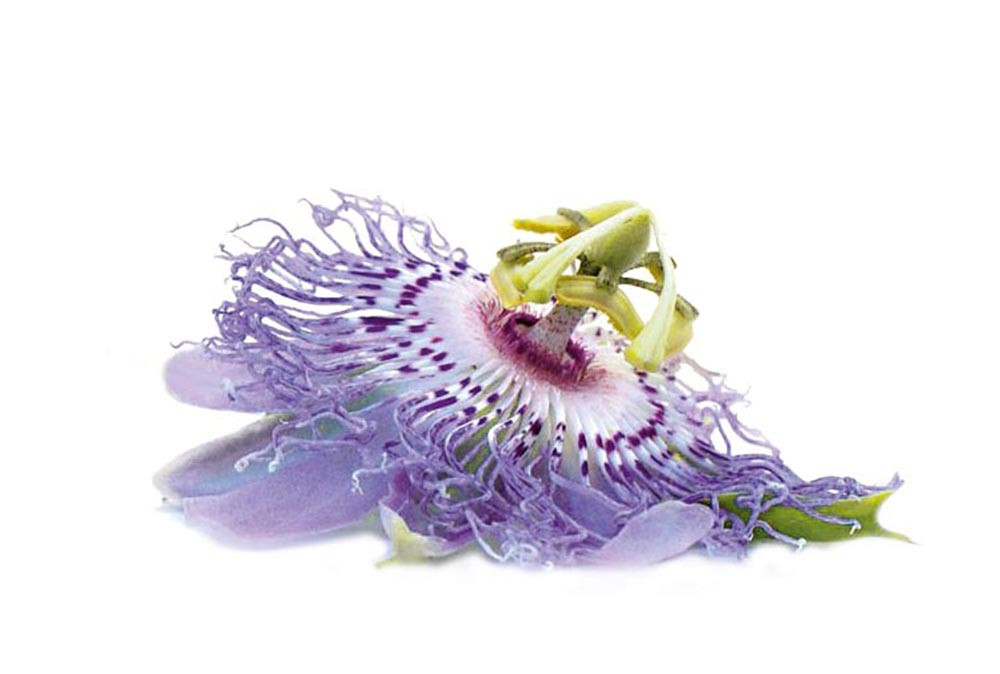

- works as a relaxant by suppressing the nervous system
- sedating qualities
- boosts level of GABA in the brain - GABA lowers brain activity which helps to relax the body
- helps to shut off racing thoughts
Valerian: Valeriana officinalis is an herb and flower used historically to help with stress, restlessness, pain, anxiety, and trouble falling asleep/insomnia. Valerian root is known as a nervine hypnotic which means that it is sedative and relaxing to the central nervous system (CNS). This can address different neurological complaints including anxiety, insomnia, nervousness, mood balance, stress or anything where it feels as if the body is wound up tight.
Uses for valerian root and valerian extract include:
- anxiety and specific anxiety disorders
- insomnia
- sleep disorders
- nervousness
- mood balance
- stress
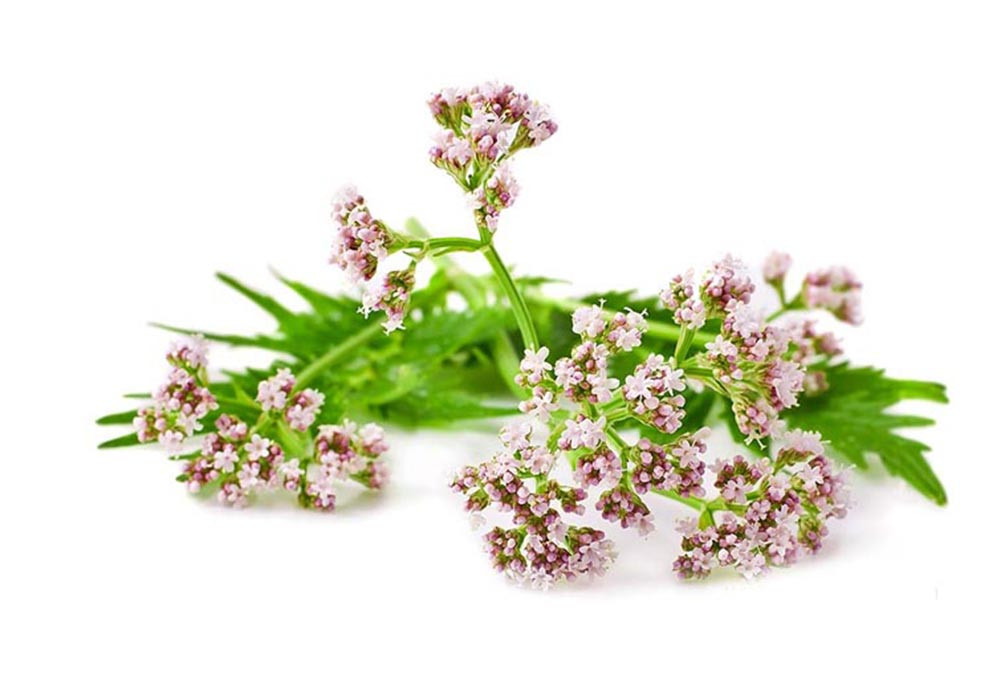

St. John’s Wort: an herb and flower used historically to help with mood balance. St. John’s Wort (hypericum perforatum) is a herb with a yellow flower that has a mood balancing effect on the body. St John's Wort has been used to support mood balance for centuries because of its antidepressant properties.
This herb, also called hypericum perforatum contains the physical constituents hypericin and hyperforin that are responsible for its medicinal benefits. Hypericin and hyperforin can cross the blood brain barrier entering into our brains and nourishing our nervous system as well as balancing our neurotransmitters. This can lead to improvements in mood and has an overall balancing and nourishing effect on our beings.
What can Hypericum Help with or is indicted for:
- depression and depressive disorders
- dysthymia
- heart palpitations
- mood disturbances
- somatization disorder
- premenstrual symptoms (PMS)
- attention deficit hyperactivity disorder (ADHD)
- Obsessive-Compulsive Disorder (OCD)
- Seasonal Affective Disorder
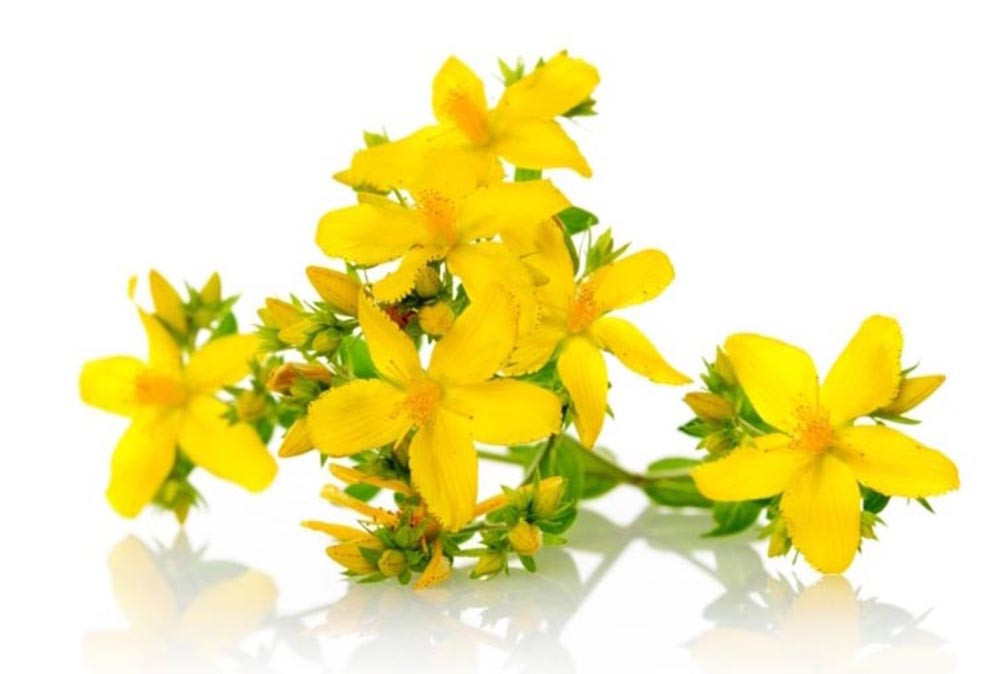

To learn more about these herbs, visit our herbal index page outlining further details of the herbs passionflower, valerian and St. John’s Wort.
Finally, practicing mindfulness and grounding methods such as meditation or positive habits can help cope with increased stress in your life. Allowing yourself to unwind is an important aspect of mental well being that shouldn’t be ignored. Even though we are locked down, take an opportunity to get outside, take a walk and connect with friends or family on the phone. We are all in this together and will help each other get through this as a community!
Resources for mental health and well-being:
- counselling
- on-campus or employment wellness programs
- CAMH
- Canadian Institute for Health Information
- Your local CMHA branch
- Toll-free number services such as Kids Help Phone
- Local social support programs
- Substance use programs and addiction support centres
Disclaimer
Pascoe Canada does not offer health or medical advice as we are not a healthcare practitioner. Please speak with your healthcare practitioner before beginning any program related to nutrition, diet, exercise, fitness, medical, and/or wellness. All content published by Pascoe Canada is developed through collaborating with licensed medical professionals and contributors. This includes text, graphics, images, and other material on the website, newsletter, and products (“Content”). This content is for informational purposes only and does not constitute medical advice. The content does not substitute professional medical advice, diagnosis, or treatment. Please always do your own research on whether this is for you along with your healthcare practitioner advice. Always consult your healthcare practitioner prior to use specific herbs because you might have underlined conditions needs professional care. The content is general in nature and are subject to change. It is not intended to cover all possible uses, directions, precautions, warnings, drug interactions, allergic reactions, or adverse effects.

